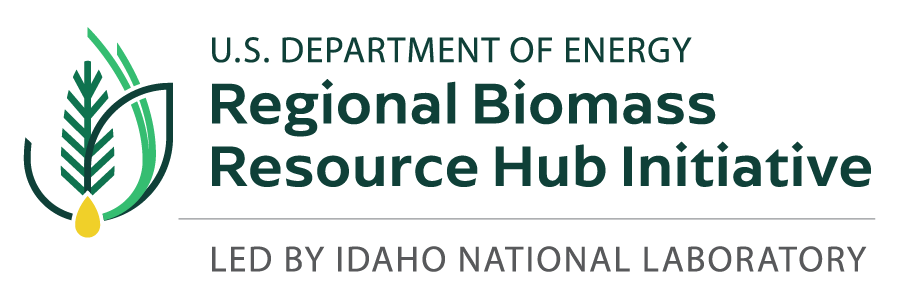Description
Techno-economic analysis is performed to evaluate production costs of fuels and chemicals from renewable feedstocks such as biomass, organic wastes and carbon dioxide. Life cycle assessment is performed to evaluate greenhouse gas emissions of fuel and chemical production from renewable feedstocks such as biomass, organic wastes and carbon dioxide. Process parameters significantly driving the process economics and carbon intensity are also identified.
Capability Bounds
Conceptual biorefinery process models are developed with data from literature, patents, and internal experimentalists. Nth plant financial assumptions and discounted cash flow models are used to evaluate process economics. LCA is a cradle-to-grave assessment. CO2 equivalent per product heating value (fuel products) or per product mass (chemical products) is reported.
Unique Aspects
TEA and LCA is performed and updated throughout research and development activities. The analysis results can be used to track research progress and assist researchers to plan and perform impactful works toward process cost and carbon intensity reduction.
Availability
Process performance models and cost and life-cycle models of thermo-chemical conversion and bio-chemical conversion pathways to produce fuels and chemicals from woody biomass, herbaceous biomass, organic wastes and carbon dioxide.
Benefit
Key learnings from techno-economic analysis include process cost drivers, data gaps and research opportunities to develop cost competitive technologies. Key learnings from life cycle assessment include process greenhouse gas emission drivers, data gaps and research opportunities to develop sustainable technologies.
Capability Expert(s)
P. Aye Meyer
References
Phillips S.D., S.B. Jones, P.A. Meyer, and L.J. Snowden-Swan. “Techno-Economic Analysis of Cellulosic Ethanol Conversion to Fuel and Chemicals. (opens in new window)” Biofuels Bioproducts & Biorefining. April 2022.
Meyer P.A. et al. Production of Gasoline, Jet, and Diesel Fuels from HTL of Wet Wastes. U.S. DRIVE Net-Zero Carbon Fuels Technical Team Analysis Summary Report 2021 [Link]
Meyer P.A. et al. Decarbonization of Hydrocarbon Fuel Blendstock via Hydrothermal Liquefaction of Algae. U.S. DRIVE Net-Zero Carbon Fuels Technical Team Analysis Summary Report 2020 [Link]
Meyer P.A., L.J. Snowden-Swan, S.D. Phillips, Y. Jiang, S. Li, J. Askander. “Analysis and Sustainability Interface.” Bioenergy Technologies Office 2021 Project Peer Review—Data, Modeling, and Analysis. March 2021 [Link]
Tan E., T.R. Hawkins, U. Lee, L. Tao, P.A. Meyer, M.Q. Wang, and T. Thompson. “Biofuel Options for Marine Applications: Technoeconomic and Life-Cycle Analyses.” Environmental Science & Technology 55. May 2021. doi: 10.1021/acs.est.0c06141
Meyer P.A., L. J. Snowden-Swan, S. B. Jones, K. G. Rappé and D. S. Hartley. 2020. “The Effect of Feedstock Composition on Fast Pyrolysis and Upgrading to Transportation Fuels: Techno-economic Analysis and Greenhouse Gas Life Cycle Analysis.” Fuel 259. January 2020. doi:10.1016/j.fuel.2019.116218
Collett J.R., J.M. Billing, P.A. Meyer, A.J. Schmidt, A.B. Remington, E. Hawley, and B.A. Hofstad, et al. 2019. “Renewable diesel via hydrothermal liquefaction of oleaginous yeast and residual lignin.”
